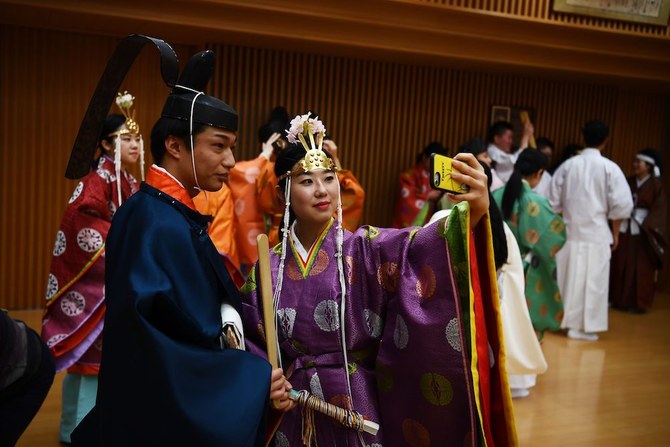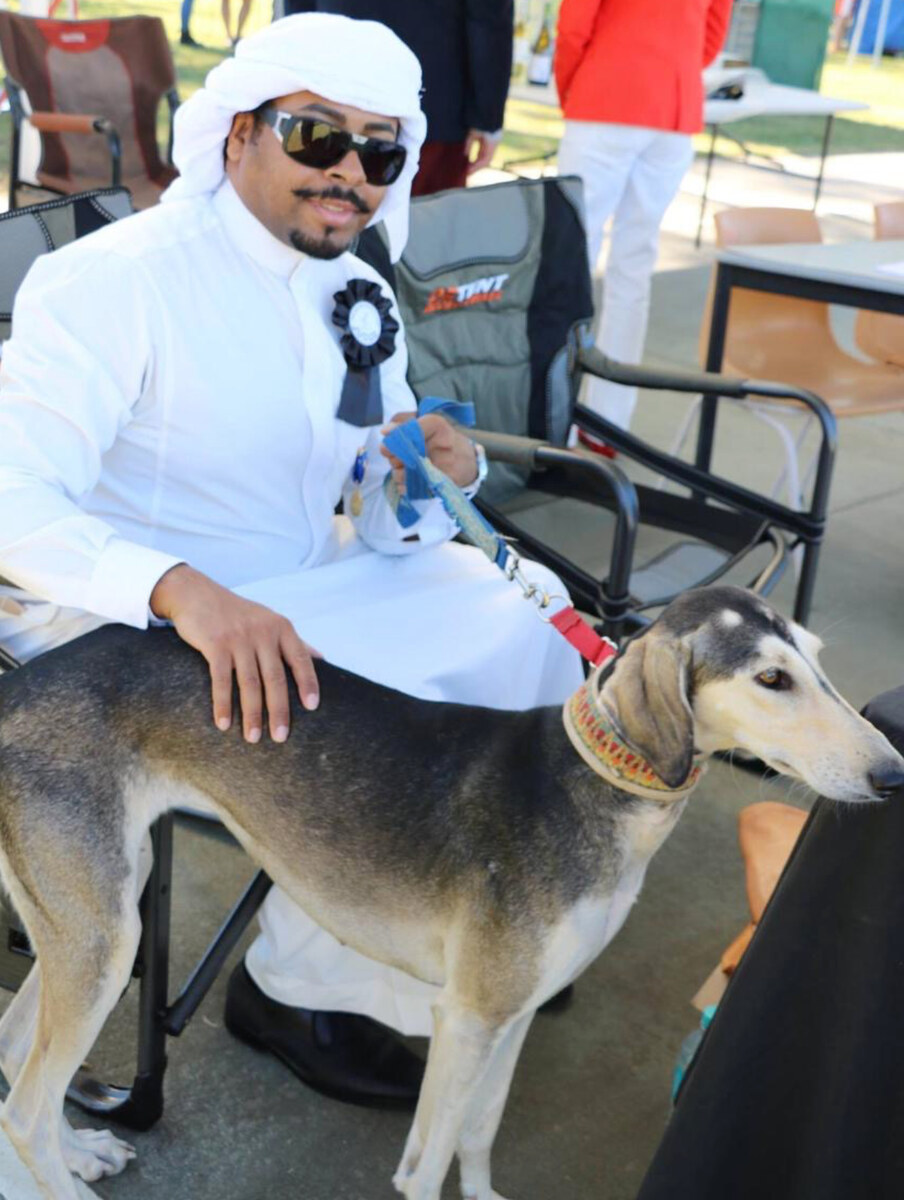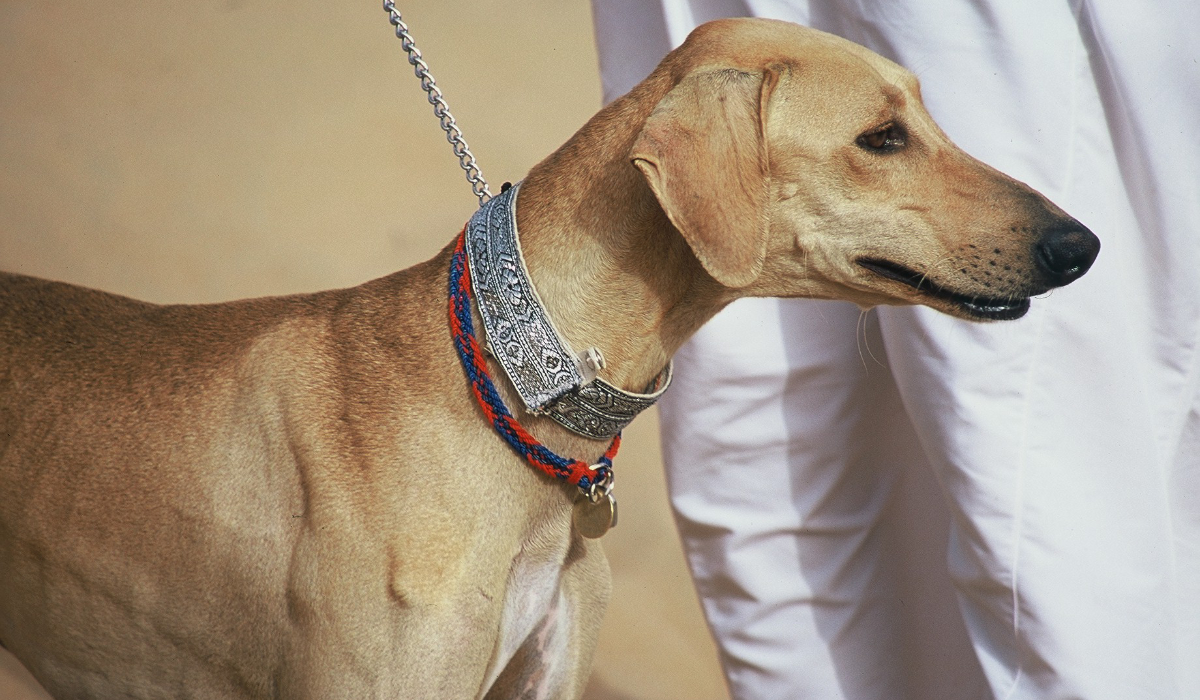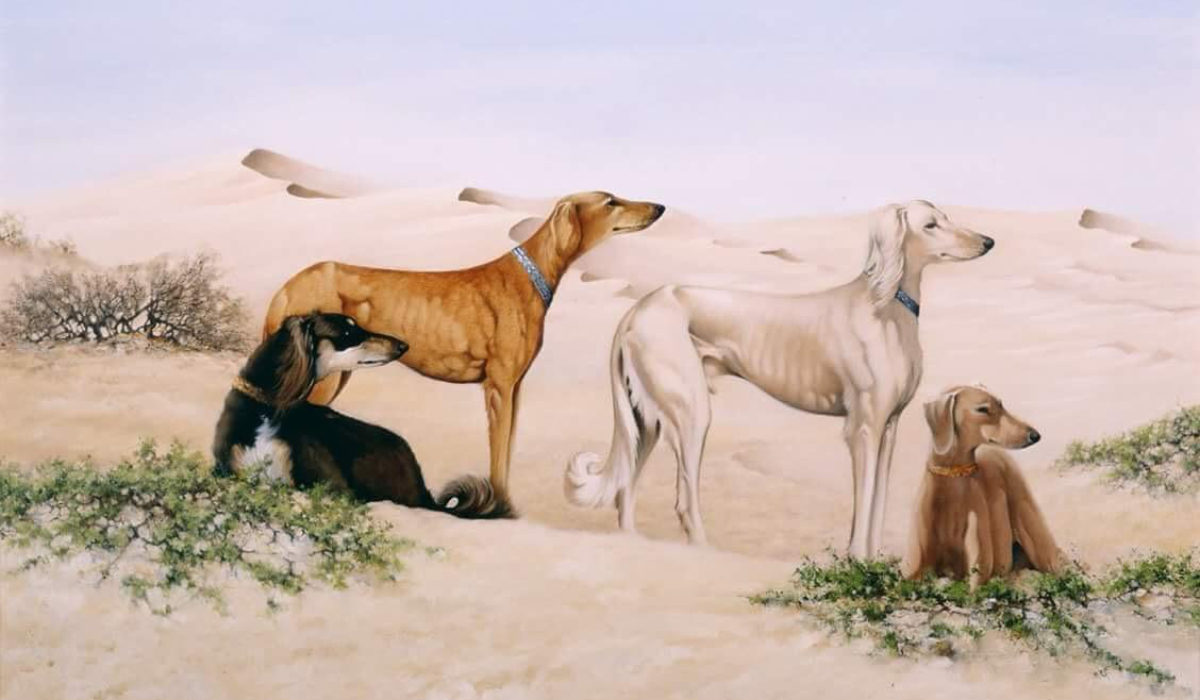DUBAI: Contemporary Japan may be a paragon of sophisticated, cosmopolitan values, but Arabs’ impression of the Asian power appears to be more influenced by its traditions, customs and national character.
A YouGov poll conducted by Arab News across 18 countries in the Middle East showed that Saudis’ first impressions of the Japanese was that they were organized (51 percent,) hardworking (50 percent) and technical (42 percent).
Other words used to describe the Japanese culture were punctual, respectful and creative.
Such perceptions appear to be significantly shaped by Japanese fictional characters, mainstream media, martial arts and the country’s export industries.
Out of 3,033 survey respondents in the Arab world, more than 50 percent picked samurai, car manufacturing and sushi as aspects they most associated with Japan.
The findings were similar among Saudis questioned for the poll, with anime (Japan-style film and television animation) being one of the main attractions of Japanese culture.
This was also reflected in other findings of the study, which showed that 65 percent of Saudis associated the fictional character, Hello Kitty, with Japanese people. The cartoon was produced by Japanese company Sanrio under the gijinka concept, which creates human-like characters based on non-human subjects.
Fascinated by Japanese history, Rania Al-Mutairi, a pharmacist from Saudi Arabia, described the country’s culture as one with “many wonders,” reflected in the writings and poems of its literary masters.
She said Japanese people were “kind, polite and educated,” adding that Saudi Arabia and Japan had great respect for each other and shared cultural similarities.
In the same way, the warrior traditions of the samurai are to be found in different forms of martial arts, which date back to times of war in Japanese history.
Jiu-jitsu, for instance, originated in the 16th century and was taught to warriors as a method of fighting both with and without weapons. However, Japanese martial arts go far beyond matters of self-defense, and focus on building values such as discipline and mental strength.
A growing interest in martial arts has also been witnessed in Saudi Arabia, where 32 percent of respondents selected karate as their favorite type of martial arts, followed by judo and sumo wrestling (both 17 percent).
The survey also suggested that Saudis were widely familiar with products made by the technologically advanced nation, with many correctly identifying Sony, Sega and Muji as Japanese brands.
Al-Mutairi, a fan of some of Japan’s most popular brands, listed Hitachi, Sony and Toyota as her favorite products, citing the latter’s use of the kaizen technique, an approach that works on continuous improvements through small, ongoing positive changes.
Saudis quizzed for the survey were also well-informed about Japanese brands in the automotive industry, with 40 percent selecting Toyota as their favorite make of car, followed by Lexus (30 percent) and Honda (7 percent.)


































